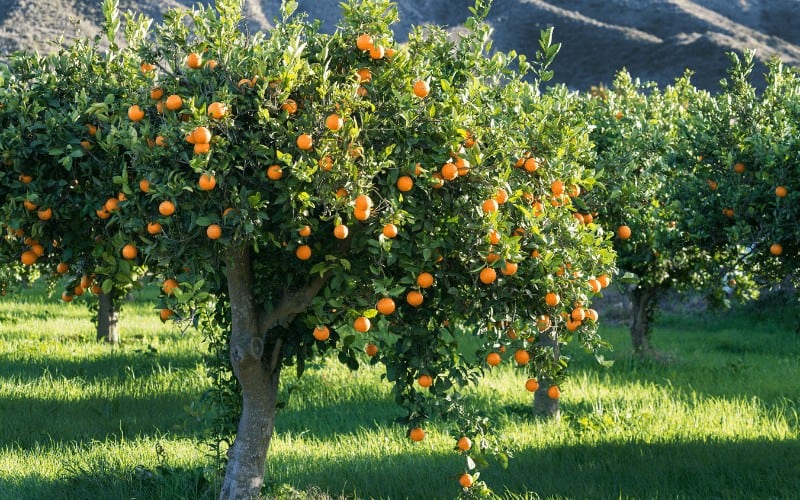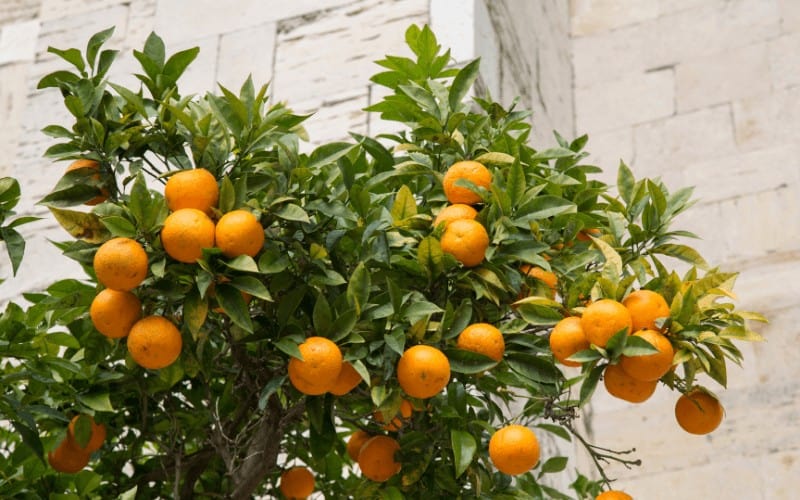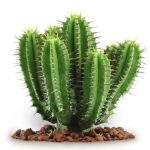You may already know that fruits like apples, bananas, and a couple of others are all man-made, but are oranges man made too? The short answer is yes, oranges are man-made and we will give you the details shortly.
The fact is that most of the veggies and fruits we eat today have an original (natural) species/cultivar that exists in the wild.
Olden day farmers selectively bred those wild species to create domesticated cultivars and varieties, which are now what we plant nowadays.
So, are oranges among the genetically modified fruits of nowadays? What's the connection between grapefruit, tangelo, and oranges?
Let's quickly find out!
Are Oranges Man Made?

When we talk of oranges, we are talking about one of the most common citrus fruits, loved by many, and cultivated around the world. There are dozens of different orange varieties, and they are all eaten everywhere, globally.
Talking about being a man-made fruit, yes, oranges are man-made. The common orange we all know is a hybrid of two citrus trees: pomelo and mandarin. These cultivars are also the parents of many other fruits in the citrus family, including tangelo and grapefruit.
According to studies, the common orange we know contains 25% of the "genome" from pomelo while the remaining 75% comes from mandarin.
Pomelo on its own is a big green citrus fruit with hard skin and fibrous flesh. On the other hand, mandarin on its own has a bright orange, thin skin, and has a sweet taste.
Now, if you noted the aforementioned traits of pomelo and mandarin, you will agree that the modern-day orange fruit contains their traits. Basically, there are two types of oranges; sweet orange and bitter orange.
The sweet orange refers to citrus fruits in the family Rutaceae that are created from citrus and Sinensis, while bitter oranges are created from citrus and aurantium.
Apparently, there are many varieties of these oranges, most of which were created through mutation.
Where Do Oranges Come From Originally?

Oranges can be traced down to 314 BC when the word was first used in Chinese literature. The origin can be traced to Southern China, Northeast India, and Myanmar. However, as of 1987, orange trees were already cultivated worldwide.
The orange fruit can be eaten raw/fresh or processed to form juices. It is poised that orange is a hybrid created by the olden day farmers that lived in Southeast Asia (China) about 4,500 years ago. The two recognized parents (ancestors) of orange are Pomelo and Mandarin.
Today, there are quite a lot of orange cultivars, which are selectively cultivated to create different varieties of orange. There are practically no GMO orange varieties - that is to say, there are no orange varieties created in labs.
Common orange is not the only hybrid citrus fruit. Actually, all common citrus fruits are all hybrids (man-made); they were generally created by crossing these four species: Mandarin, Citron, Key Lime, and Pomelo.
Popular known varieties of common orange include valencia orange, navel orange, Caracara orange, clementine, tangelo, blood orange, bitter orange, lima orange, bergamot orange, and heirloom navel orange. Literally, there are over 60 varieties of common orange.
Read Also:
- Is Bell Pepper a Fruit?
- Plants With Red Stems
- Where Do Bananas Come From Originally?
- Where Do Apples Come From Originally?
- Dwarf Banana Tree
Conclusion
Are oranges man made? Yes, the common orange you know is a hybrid gotten from Mandarin and Pomelo.
Oranges don't exist in the wild; they are domesticated plants, and regardless of their origin or the fact that they are man-made hybrids, virtually all varieties of orange are edible and useful in many ways.
You will only find some specific varieties of orange in certain countries and regions. For example, Joppa orange is common in South Africa and Texas, while Malta is grown in Pakistan.
There are other man-made hybrids that are commonly eaten as "natural" fruits, the list includes apples, bananas, carrots, and many more.




